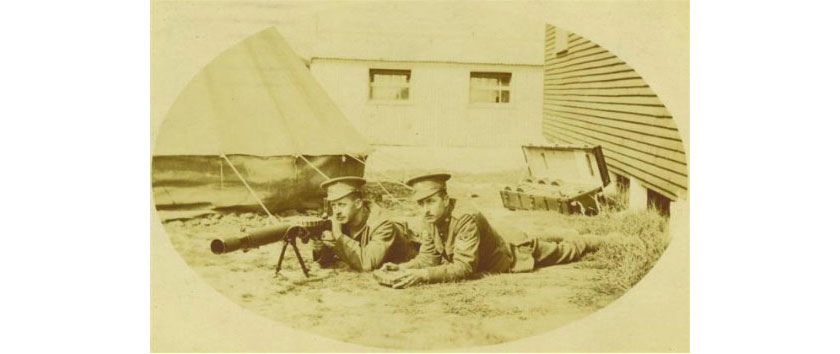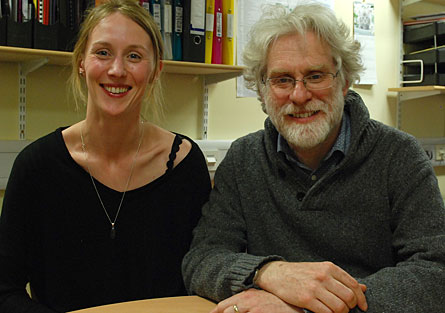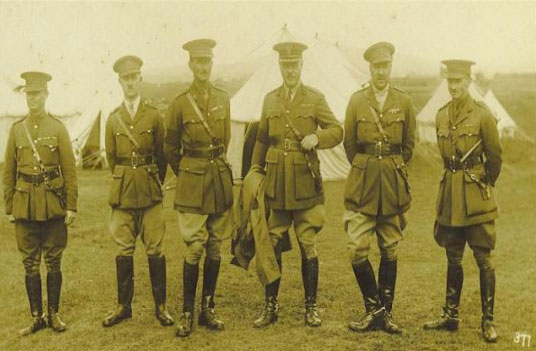World War One to be remembered forever via new Uni website
 Photos courtesy of the Education Network Gallery
Photos courtesy of the Education Network Gallery
Mon, 25 Apr 2016 14:02:00 BST
“…visitors to the website will be able to enter personal recollections or stories handed down about the experiences of forbears and relatives…”
 THE last surviving combatants of World War One have passed away, but family memories of them and their experiences live on. Now, a University of Huddersfield web-based project means that those memories can be shared and preserved. They will also be a rich source of material for researchers in wide range of disciplines.
THE last surviving combatants of World War One have passed away, but family memories of them and their experiences live on. Now, a University of Huddersfield web-based project means that those memories can be shared and preserved. They will also be a rich source of material for researchers in wide range of disciplines.
The project is headed by Nigel King (pictured with co-researcher Dr Jo Brooks), who is the University’s Professor in Applied Psychology. It has received financial backing from the British Psychological Society. A key aim is to add a psychological dimension to continuing centenary commemorations of the 1914-18 conflict.
Visitors to the website, named Family Memories of the First World War, will be able to enter personal recollections or stories that have been handed down about the experiences of forbears and relatives, male or female, either on active service or on the Home Front. Biographical details will be sought, but contributors will have the option of anonymising their entries on the website.
It is hoped that there will be contributions from around the world. For example, the project is to be actively promoted in Australia.
The website will serve as an archive of WWI material that will be of widespread interest and value to historians and sociologists among others. But its underlying purpose is to broaden psychological understanding of the nature of family memory.
 Professor King said that a large amount of research has already been conducted into personal memory and into collective memory.
Professor King said that a large amount of research has already been conducted into personal memory and into collective memory.
“But this has usually been collective memory at a wide level, such as communities. There has not been much research looking at the family as a focus of memory, as a unit of remembering,” he said.
Objective historical accuracy is not the main priority of Family Memories of the First World War, which is more concerned with the ways in which stories are retold and reshaped.
“Many psychologists would say that memory is always a reconstructive process,” said Professor King. “At some level, you might concern yourself with things that are factual, but the stuff of memory is something that we rewrite all the time. It is the process that is of interest.”
For Professor King, there is a personal catalyst for the family memories project and he will the first contributor to the new website.
His grandfather, William Tipper, a Londoner, joined the Honorary Artillery Company – actually a long-established infantry regiment – at the outset of the Great War and fought in some of the major battle of the Western Front before he was invalided out in 1916.
“He lived into his 90s, so I knew him well. He didn’t talk a lot about the war – although he sung a lot of the songs – but the story I have used for the website is of him telling off my great aunt for giving an anti-German rant. He said that the ordinary soldiers on both sides were just doing what they were told. His take wasn’t that there were goodies and baddies – there was this event that people were drawn into. That made me think about tolerance and made me question blind nationalism.”
Professor King’s collaborators for the family memories project include Senior Research Fellow Dr Jo Brooks and PhD student Jade Cash.







